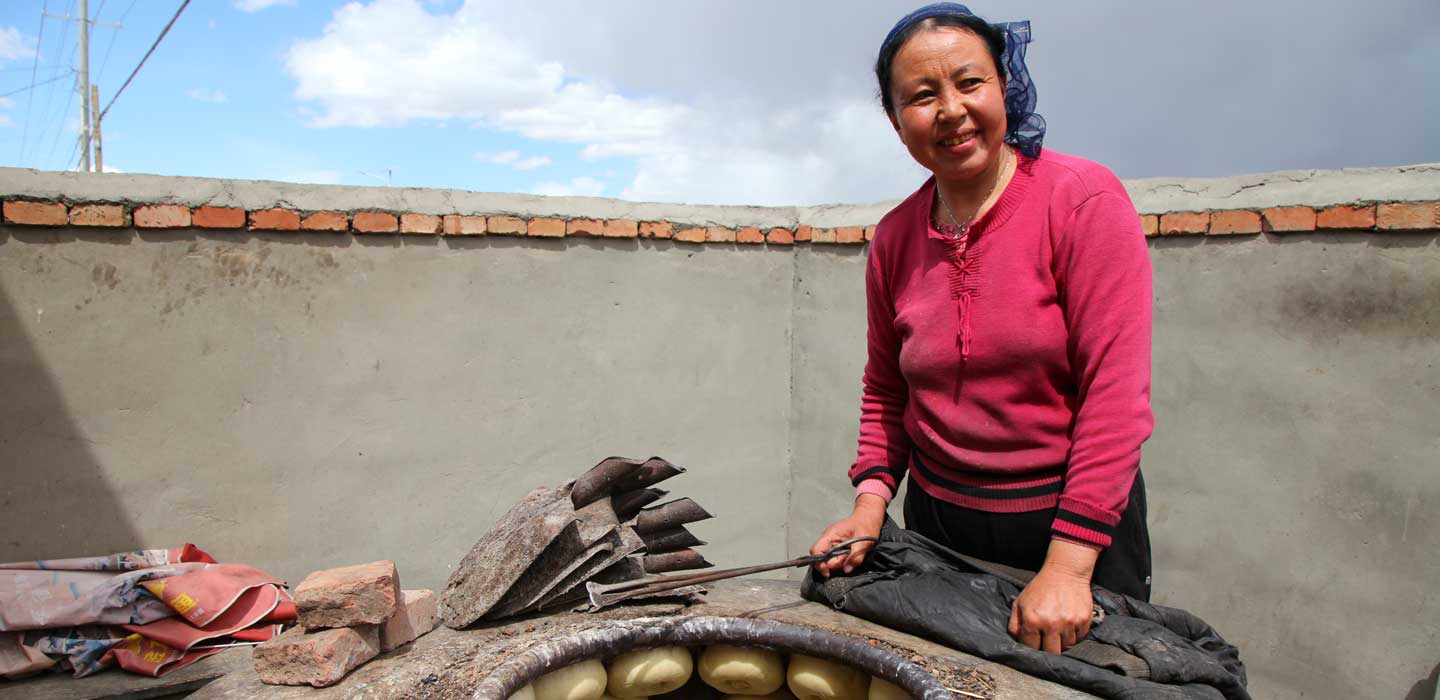Stories
Stories

Stories
Manual Submenu Topics
Search Results Filters
Search Results
As COP15 tackles desertification, here are three ways IFAD is helping farmers in sub-Saharan Africa build their resilience to climate change
Sub-Saharan Africa’s drylands – that is, the areas where more water is lost through evaporation than gained through rainfall – are facing widespread degradation. There are many factors causing this, but one of the most prominent is the use of agricultural practices that aren’t adapted to the land, such as overgrazing and intensive agriculture.
The thin green line that’s holding back the Sahara desert
The Great Green Wall was envisioned as a line of trees stretching across Africa to protect against desertification. Today, it is a mosaic of farms, forests, and wilderness, where sustainable agriculture is the norm and rural-dwellers thrive.
These numbers show that restoring drylands and preventing desertification is good for the planet – and good for us
From California to the Sahel, from the steppes of Central Asia to the Andes, drylands are some of the most productive ecosystems in the world. But they’re also some of the most fragile.
In rural Morocco, one woman’s efforts transform the lives of many
When Fatima-Zohra first arrived in her new home, a rural village in the Moroccan highlands, she discovered the local women didn’t have many job opportunities. But they were enthusiastic about the idea of going into business for themselves – and so Fatima-Zohra got to work.
Why free, prior and informed consent is so important for indigenous peoples
At the heart of this year’s session of the UN Permanent Forum on Indigenous Issues is “free, prior and informed consent.” Quite a mouthful! But what does it really mean? And why does it matter?
Indigenous peoples lead adaptation efforts through IFAD’s dedicated funding
Over the millennia, indigenous peoples have developed practices that honour the interconnectedness of people and nature – yet all too often, their contributions are overlooked and devalued. IFAD is committed to supporting indigenous peoples in overcoming poverty and meeting global challenges through building on their identities and cultures.
How the war in Ukraine impacts the world
Conflict and food insecurity go hand-in-hand. Stable food systems and sustainable development are simply not possible without peace.
Agriculture is not just a contributor to climate change. It is an essential part of the solution - IFAD’s reaction to the latest IPCC report
While we can no longer avoid climate change, we can still limit its impacts. It is time we start viewing agriculture as an essential part of the solution.
From biotechnologist to artisanal cheesemaker
Ibtissèm’s career in the pharmaceutical industry was off to a strong start, but she put it on hold when her mother fell ill. Back in her hometown in central Tunisia, she needed a new way to support herself and her mother – and then she realized that her skills would serve her well in her town’s bustling dairy industry.
Communities use GIS maps to conserve forests and adapt to climate change
Making the right decisions about managing natural resources isn’t always easy. That’s especially true for watersheds, where the local ecosystem depends on the health of multiple waterways. Now, GIS technology is helping communities in rural Nepal monitor and preserve the forests fed by local watersheds.